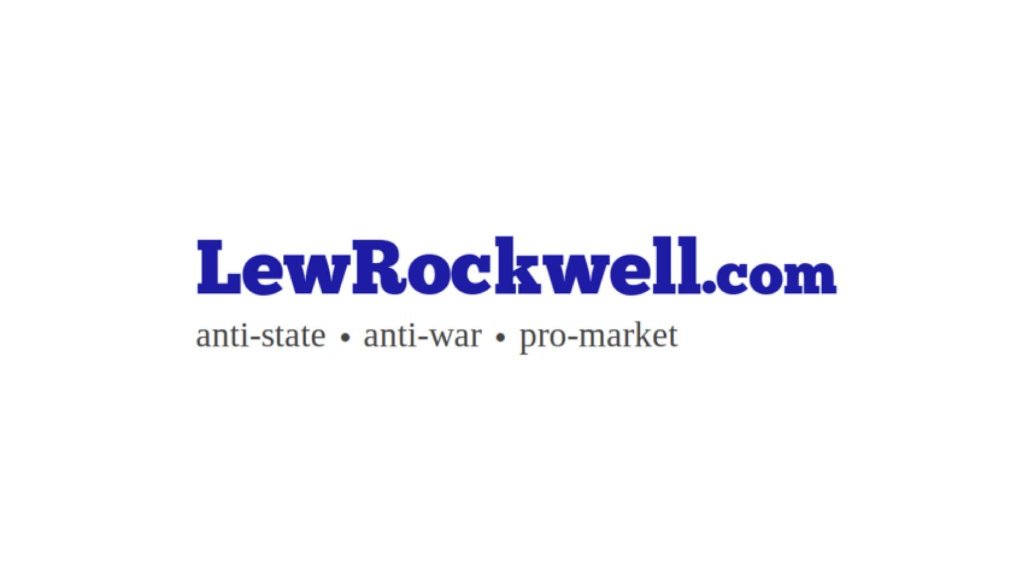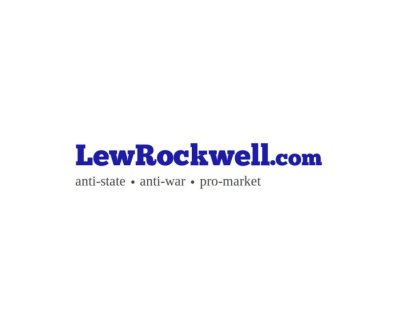Illiquid, Overvalued
As “dip buyers” get eviscerated, more dominos fall, and at a tipping point, the herd realizes the tide has reversed and it’s time to sell–but alas, it’s too late.
Illiquid, Overvalued describes a great many assets that are on the books as “rock-solid investments.” Illiquidity means there are few if any buyers for the asset being offered for sale, and this can arise from various conditions.
1. Credit is tight and expensive, limiting the pool of potential buyers to those with cash.
2. Nobody wants the assets because they’re grossly overvalued.
3. The pool of buyers with the expertise and financial backing needed to buy the asset is inherently limited.
4. “Animal spirits” have left the room and buyers are “on strike” due to caution / fear of future losses.
Bill Ackman outlined some useful principles of illiquidity in a recent commentary on X in his discussion of the illiquid nature of many assets held by Ivy league university endowment funds:
“Harvard’s endowment is principally invested in illiquid private assets including real estate, private equity, and venture capital funds.
Real estate and private equity funds are highly levered so relatively small changes in asset values can have a large impact on equity values. For example, if a real estate fund’s asset values decline by 15% and the assets are levered 60%, the fund’s equity value will decline by 37.5%.
The
Article from LewRockwell

LewRockwell.com is a libertarian website that publishes articles, essays, and blog posts advocating for minimal government, free markets, and individual liberty. The site was founded by Lew Rockwell, an American libertarian political commentator, activist, and former congressional staffer. The website often features content that is critical of mainstream politics, state intervention, and foreign policy, among other topics. It is a platform frequently used to disseminate Austrian economics, a school of economic thought that is popular among some libertarians.




